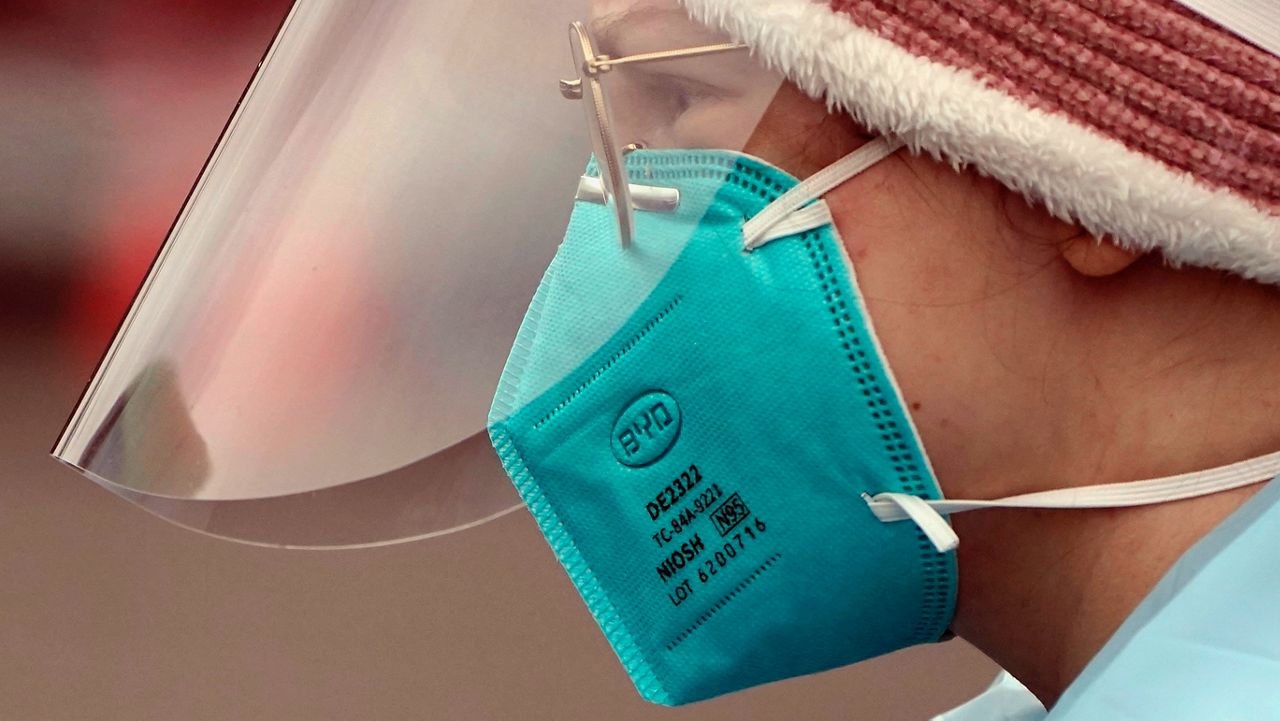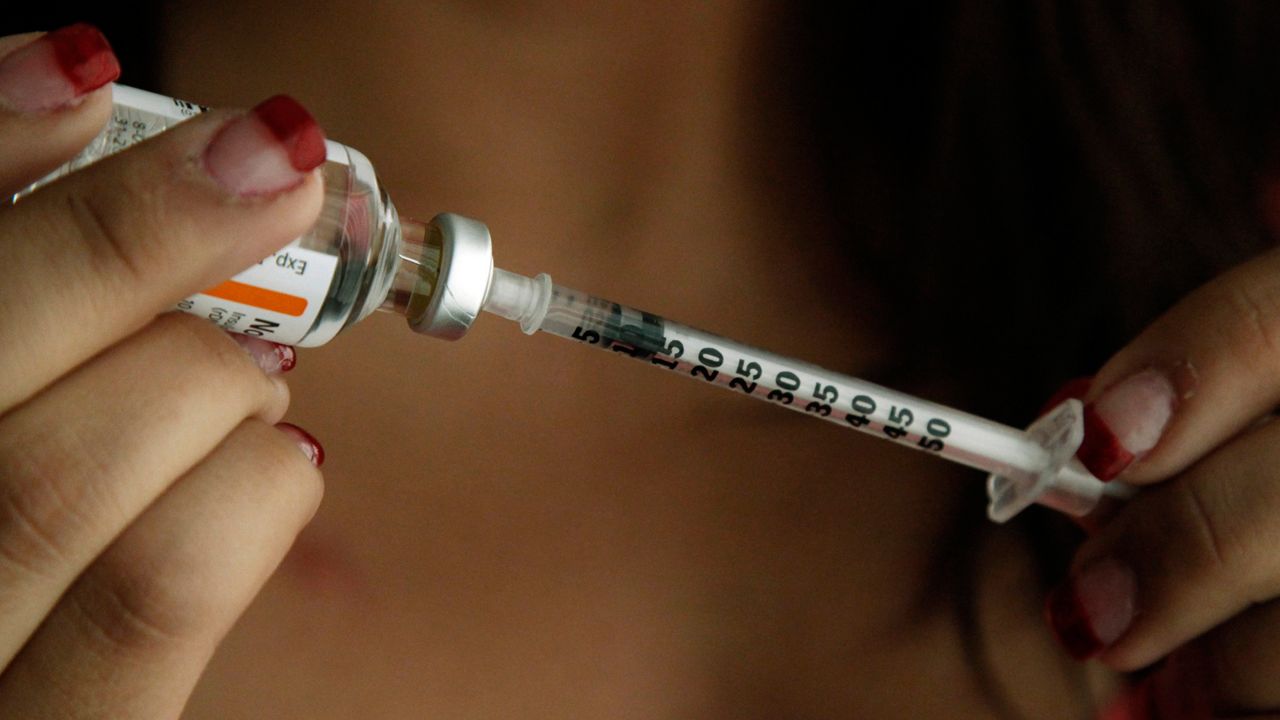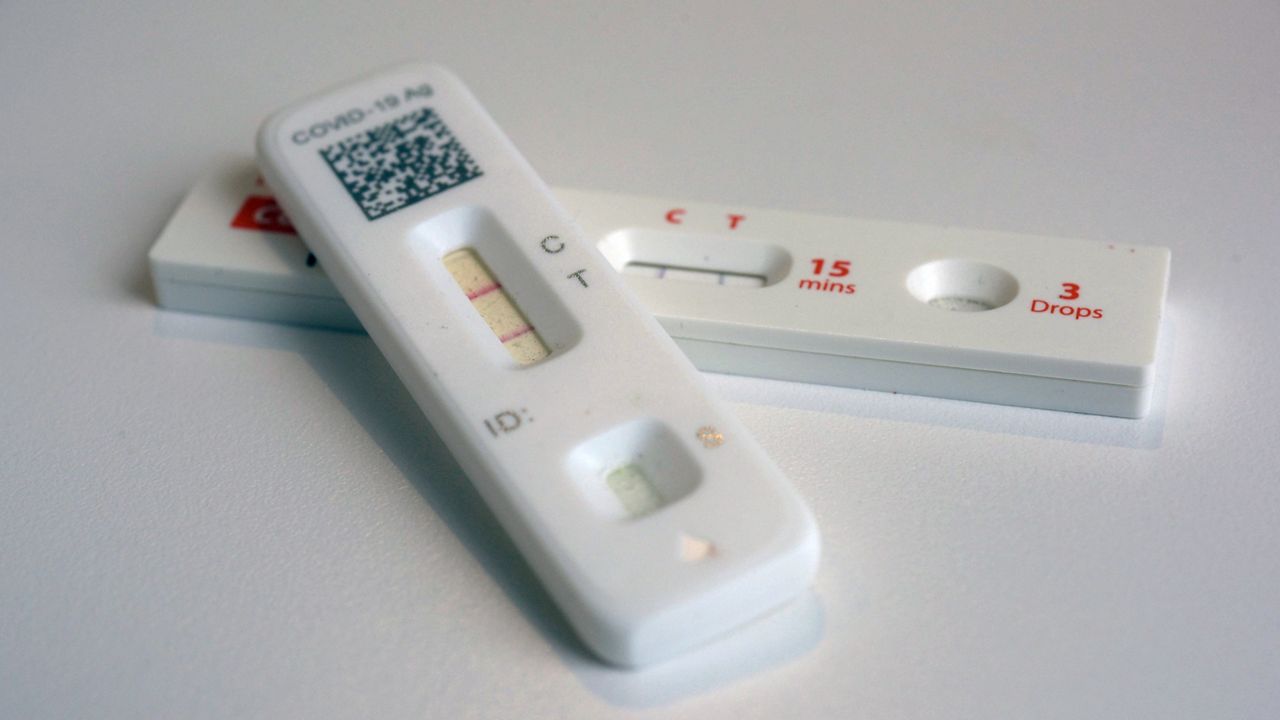COVID-19 vaccines arrived in December and while the rollout started slow, the city is working to reach its goal of one million doses by the end of January.
This has left many people with questions about the vaccines themselves and how they will be distributed.
When did the vaccines arrive?
The Pfizer vaccine arrived on December 14 and the Moderna vaccine was scheduled to arrive about a week later.
This initial shipment of 170,000 vaccine doses went first to nursing home residents, staff, and high-risk health care workers.
This vaccine requires two doses for each person, so in addition to this first shipment, the state will receive another 170,000 doses within 21 days to meet the two-dose requirement.
Gov. Andrew Cuomo announced Friday, December 11 that 346,000 doses of the Moderna vaccine will be delivered the week of December 21.
Which vaccine will be available? And how many doses are required?
The vaccine is administered in two doses over the course of several weeks.
“The vaccine itself takes two doses and actually has a 10 day period of time after somebody is fully vaccinated,” said Dara Kass, an ER doctor at Columbia Medical University, in an interview on “Inside City Hall” with Errol Louis. “So even the first population of people vaccinated December 15 may not actually be considered vaccinated fully until sometime in early February.”
Both vaccines require two doses. People receiving the Pfizer vaccine must return for a second injection three weeks after the first; the Moderna vaccine requires a second injection four weeks later.
There are multiple other COVID-19 vaccines still in Phase 3 of clinical trials that could be approved in the coming weeks and months.
How does it work?
The vaccines work by tricking the body into creating an immune response for a virus that is not present in the body.
Health Commissioner Dr. Dave Chokshi said the vaccine does not affect or interact with a person’s DNA but teaches the body how to build immunity against the novel coronavirus.
He said it is moderately effective after the first 10 to 14 days of vaccination, but that the second dose is critically important, as it is what is needed to achieve 95% effectiveness in fighting the virus.
Are there any side effects of the vaccine?
No serious safety concerns have been found for either vaccine. Each vaccine has shown only minor side effects, such as injection site pain, fatigue and headache.
However, after the United Kingdom’s rollout of the vaccine this week, health authorities there are advising people with a "significant history of allergic reactions" to not be given the Pfizer/BioNTech coronavirus vaccine. It comes after two health care workers, who both carried an adrenaline auto injector and had a history of allergic reactions, “responded adversely” to their shot.
How does it need to be stored? Where will it be stored?
The Pfizer vaccine will require storage in ultra-cold freezers with temperatures of 80 degrees Celsius below zero or 112 degrees Fahrenheit below zero. The city currently has 44 hospitals equipped with these so far, according to the mayor.
The Health Department can store hundreds of thousands of doses as well, for a total citywide capacity of 1.5 million doses.
Who will get it first?
Health care workers and nursing home residents and staff will be prioritized by the city. After these two groups receive the vaccine, people at high risk of complications from COVID-19, due to underlying medical conditions or age, and essential workers who interact with the public and who are not able to physically distance will be prioritized.
The city announced expanded eligbility to include testing site workers, contact tracers, outpatient and ambulatory care providers, dentists, physical therapists, NYPD medical staff and workers at specialized clinics like dialysis centers starting on January 4.
On January 11, home care and hospice workers as well as more nursing home staff will be eligible to receive the COVID-19 vaccine.
When the city has enough doses available, it will then be made available to all New Yorkers.
Where can I get it?
The vaccine will likely be available at the same places you usually get vaccines, like your health care provider, community and hospital clinics, pharmacies and urgent care centers.
Is it safe?
The FDA is in charge of the approval process. The guidelines they put forth for the COVID-19 vaccines under development and in trials must follow the same rigorous safety rules as any other new vaccine.
New York, along with a handful of states, has also set-up an expert panel to independently review any COVID-19 vaccine before it is distributed.
When is the vaccine going to be widely available?
COVID-19 vaccines may not be widely available to the general public until mid-2021.
The goal is to reach at least 75% of the population with the vaccine in order to create herd immunity against the virus.
What will it cost?
The COVID-19 vaccine will be free for all Americans, according to the Centers for Medicare and Medicaid Services.
But you may still receive a bill. Providers can legally charge an administration fee for giving the shot to patients, according to the CDC. You can file a claim with your insurance company, however, since they're required to cover approved preventive care under the Affordable Care Act.
After I get the vaccine, do I have to keep wearing a mask?
Yes. While the vaccine will likely prevent you from getting sick with the virus, research is still unclear as to whether it protects you from spreading it to others.
New Yorkers who receive the vaccine should continue wearing masks and adhere to coronavirus safety measures, said Dr. Kass.
“They should still mask up and stay distant until we have enough people in our general population to be protected from contracting the virus. It’s all steps forward but we need to not think that we’re overprotective very early and just drop all of our public health measures," she said.
Will the vaccine be mandatory?
No. There are no plans or discussions at this time to make the COVID-19 vaccine mandatory by either state or local leaders. While there is a bill that was introduced by a state Assembly member that looks at potentially making the COVID-19 vaccine mandatory, there are no plans to move forward with it.
This is an ongoing story. Check back for more developments.




_PKG_CENTRAL_PARK_HOSP_CG_133817001_3232)


